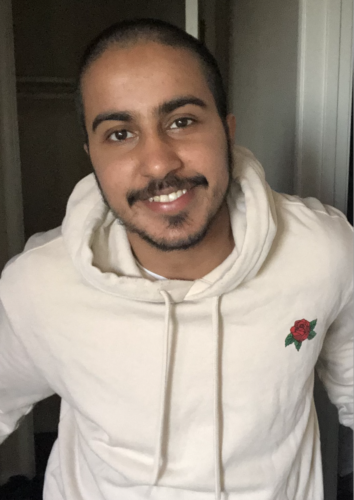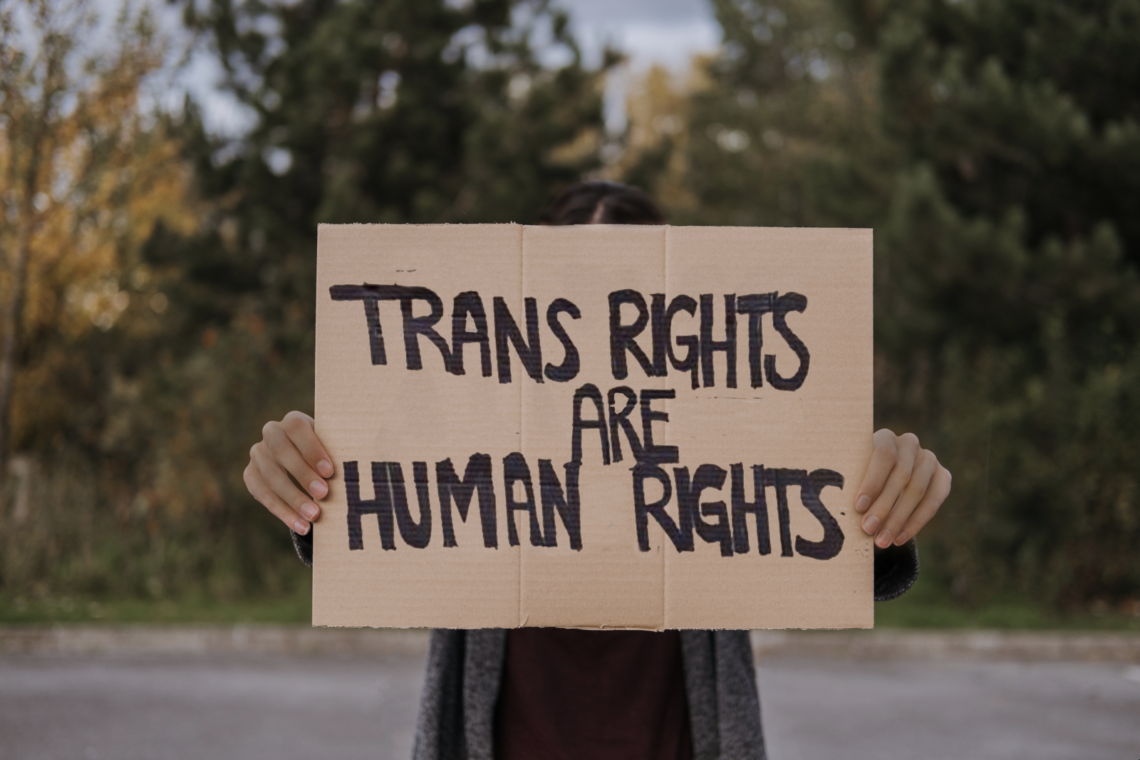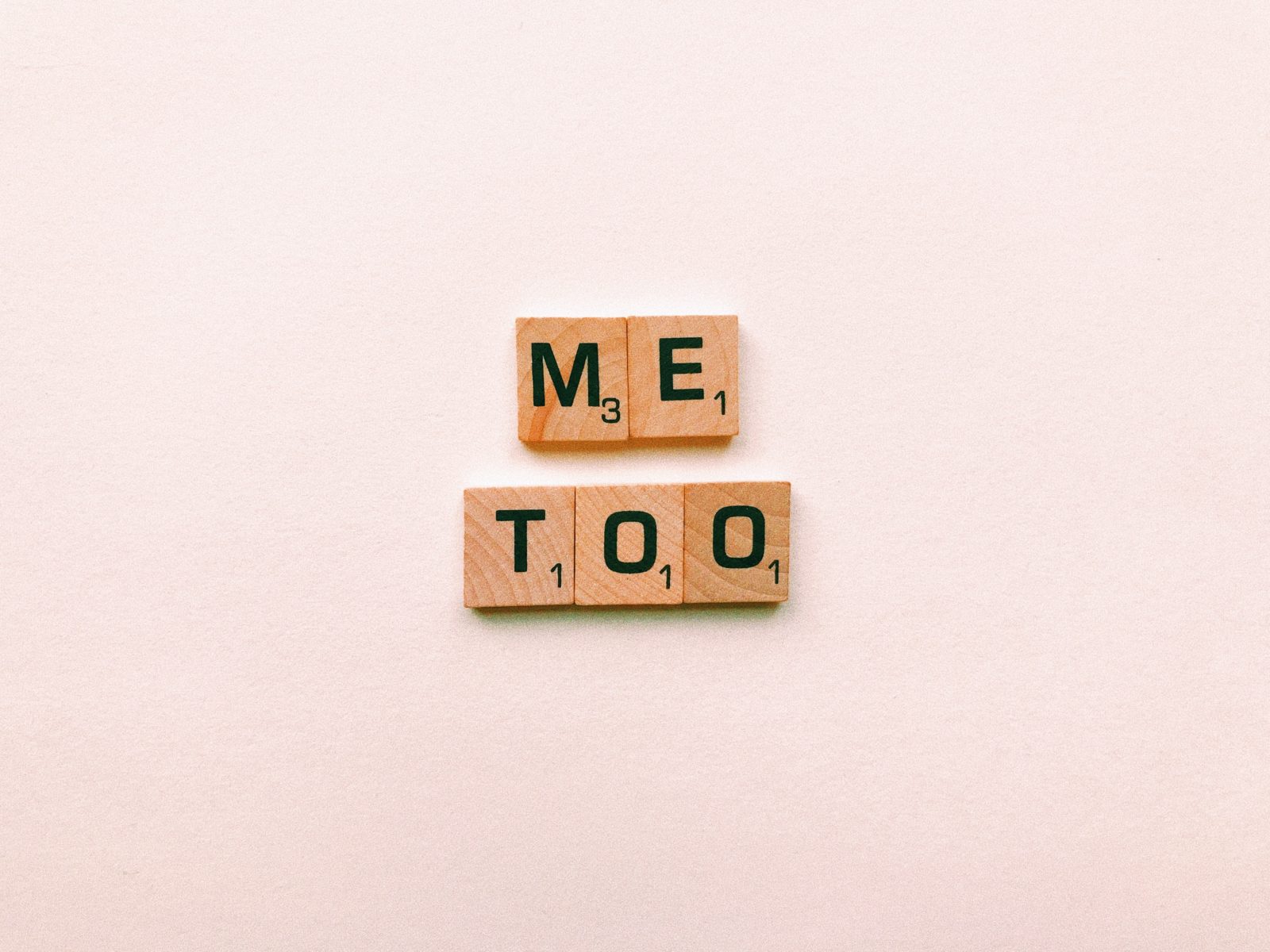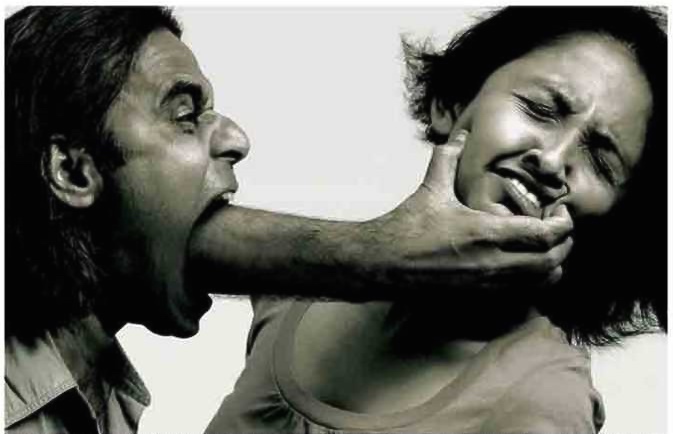by Armaan Singh
Content Note: References of suicide.
Being Attacked
It is not surprising, as a transgender person, to wake up in this country and hear that a brand new political attack is being directed towards my existence. Currently, there are 80+ anti-trans bills being introduced in several states, from trying to strip our access to healthcare to to banning transgender athletes by “snooping” their identities through their clothes. Cis white politicians have always bent backwards to ensure that the delicate, yet razor sharp, gender binary that guides their entire human experience isn’t questioned by any means. From government officials to my own family, I have seen people weaponise their cis privilege against the experiences of others simply to control the narrative.
The Role of Sikhi
Cis privilege means never being disrespected by a wrong name or incorrect pronouns- it means to fit in without discomfort or fear. Sadly, politics are not the only thing that continue the oppression that the binary instills on us; such ignorance about “boys” can only do “boy things” and that “girls” can only do “girl things” has been even justified in Sikh-ism. In my understanding, “Sikhism” is an organized religion that is commonly emphasized in current conversations through references to rehat and established Sikh institutions. “Sikhi” on the other hand is a broader way of life and thinking that is less commonly discussed. Living at this intersectionality – of a Sikh Transgender Man – I see attacks on my being diverted from both cultural and political standpoints. To some, I am not a man enough. To others I cannot be a Sikh and Transgender. Though Sikh teachings have been my strength in moments of political oppression, Sikh communities at large continue to pretend I don’t exist.
Sikhi & Me
I was in my early teens when I was introduced to more Sikh practices by going to Gurdwara every week and attending Gurmat camps, and it honestly came at the right time. Initially, I used religion as a way to deny any kind of internal conflict regarding my gender identity. I threw myself in the rules and regulations of it, desperately wanting to belong. Through this, I got to read a lot of Gurbani which in itself was a sense of support that I didn’t find anywhere else. Connecting with Gurbani made me not be afraid of my truth, and encouraged me to live life from love and not fear.
That energy soon translated into bolder choices: I began to dress masculinely, wearing plain suits that were masked as kurta pajamas, and instead of chunni I wore hoodies. I began to bind, and even came out to my peers at work. Despite the outpouring support from my non-Sikh peers, in my Sikh circles, I felt even more alone than I did before. The strength I was finding through my individual relationship with the Guru gave me all the sense of power I needed to be myself, and it also gave me clarity.
I soon began to notice the gap between Sikh values and Sikh practices. To the Gurus, I was just another child meditating my way out of my misery, but to the people around me who felt I dressed differently- I challenged the binary. I was the outcast; I didn’t fit in with the girls my age and I definitely wasn’t welcomed into the boys club at the Gurdwaras. No matter how I dressed or how many of my peers at school accepted me, I still felt alone. I realized I needed medical support to embody my truth, and transition into the form I truly felt aligned with in order to find some peace in this body.
Mental & Physical Health Challenges
There is a version of Sikhi that Sikhs practice in which I was not allowed to change how I looked, but I must change how I felt in my vessel. I couldn’t bare the sight of my body, and with no adult around to see the pain I was in, my mental health was a downhill slope. Physical transition was so essential for my being that the thought of not being able to transition aggravated my suicidal thoughts, and I share this to personally amplify the severity of what transgender people need and go through. We know what is best for us, and what our bodies need, but from our families to our politicians, we are stripped of our right to choose and live.
The 80+ anti-trans bills, each attacking different areas of our humanity, are proof of just how dehumanized trans bodies are in our world. The wide spread transphobia in the fabric of our society is reason enough to make transgender youth feel unwanted and isolated. A 2018 study by the American Academy of Pediatrics found that trans boys showed a 50.8% rate of attempted suicide (compared to 9.8% for cis boys), while trans girls showed a 29.9% rate (compared to 17.6% for cis girls). These numbers do not surprise me, because I have been there, and no amount of meditation could save me. The alternative to physical transition for transgender people is to continue to suffocate in a body they no longer belong to, because once you see your truth you cannot unsee it. Once you learn who you are, the world expects us to unsee it or call it a phase, and this is probably the most horrific thing we can do to someone’s sense of being. I was lucky I survived my suicide attempts, but not every transgender child is or will be that lucky.
So, it is of utmost importance for parents to listen and empathize with transgender youth, and support them in their journey. Just because you don’t understand something, doesn’t mean it does not exist.
Belonging in Sikh Spaces
Oftentimes, it is difficult finding a place in this world where I belong as my whole self. I have been constantly attacked by young Sikhs on social media who have learnt to weaponise Gurbani to tell Transgender Sikhs that we are wrong. While I don’t have all the answers – unlike them, I don’t claim to be an expert – I do know that there is no Gurbani that teaches us to hate or feel superior to another being. I am here to live my truth, and regardless of how many times we are denied of our rights, or how many times a cis-hetro Sikh man attacks my being, I will stand bravely in the truth I had been gifted. Because the only battle I am invested to win is that with my own mind, “ਆਈ ਪੰਥੀ ਸਗਲ ਜਮਾਤੀ ਮਨਿ ਜੀਤੈ ਜਗੁ ਜੀਤੁ ॥- Aayi panthi sagal jamati man jeete jag jeet.” (i.e. See the brotherhood of all mankind as the highest order of Yogis; conquer your own mind, and conquer the world. ~ Guru Nanak Sahib, Ang 6).
Though, Sikh circles at large continue to exclude me in conversations, the legacy of our Gurus inspires me everyday to continue living my truth. Guru Nank Sahib taught us to question the status quo, practice kindness and fight injustice. I draw much of my inspiration from the lived experiences of our Gurus, how they led in this world, the words they used and the values they saw in a Sikh. Why is Sikhi in theory different from the Sikhi being preached? Why is our Sikhi practice not accounted for by our Sikhs’ actions? I believe Sikhi today has been limited to bodily appearance , and how well you can train yourself to follow the religious rules of Sikhism. While the religious rules aspect is of significance, when I rarely see a Sikh person raising their voice for the LGBTQ community, it brings to question why our actions don’t match our words? Sikh values teach us to fight for human rights which includes transgender rights, but despite equity being foundational to Sikh values, transgender Sikhs continue to be misunderstood, mocked and excluded from everyday practices in Gurdwaras and homes.
What You Can Do
I urge my readers to seek ways to practice Sikhi that is also about social change, and justice as it is about everyday prayers. As Sikhs we need to dive deeper into the lives of our Gurus in order to better understand the true legacy they hoped we would keep alive. In today’s world where violence, and systematic oppression against Transgender and Queer People of Color is amplifying with each passing day, it is so crucial we learn to practice Sikhi that unites us, and includes transgender and queer voices. Apart from writing poetic Gurbani our Gurus were also change-makers, they questioned the norm and never let any injustice take place in front of their eyes. We need that leadership in today’s unjust world. So, learn from your peers, read Queer writers, perform sewa for LGBT organizations, and do the conscious work to unlearn your prejudice. LGBTQIA+ Sikhs need empathic allies who recognize that we are in a desperate need of change, and most importantly we need Sikhs who aren’t afraid to learn how to be better.
Armaan Singh

Armaan Singh (he/him) is a poet, survivor, and a Transgender Sikh artist living on the West Coast of the USA. Armaan shares his story on his social media platforms in hopes to bring change in the Punjabi community. He aspires to create art that breaks barriers amongst the diaspora, and opens room for collective healing. He dreams of a future filled with art, and liberation.





No Comments